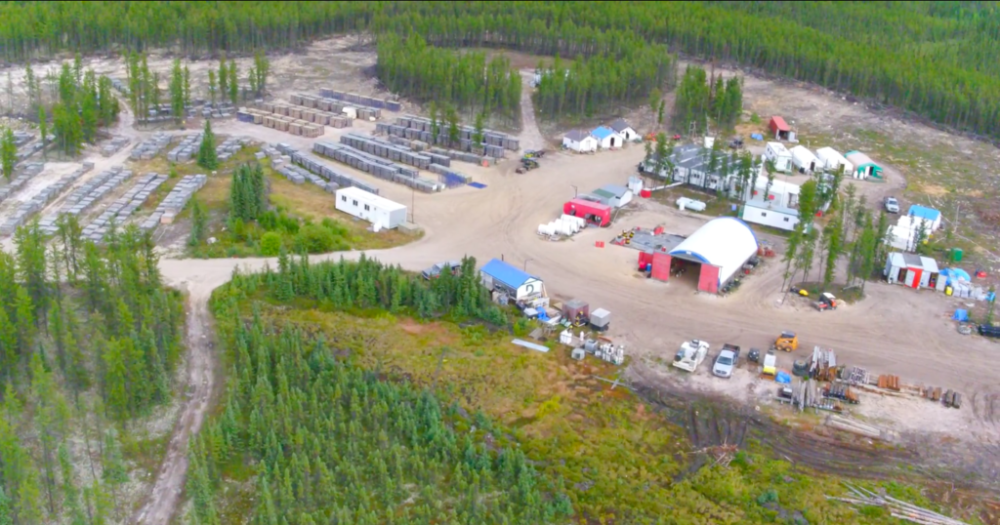Denison deal shows slumping battery metals benefiting uranium sector


Foremost Lithium Resource & Technology (CSE: FAT; NASDAQ: FMST), a junior with early-stage projects in Quebec and Manitoba, is pivoting into uranium through a cash and shares earn-in deal with Denison Mines (TSX: DML; NYSE: DNN).
Foremost could acquire up to 70% in 10 of Denison’s northern Saskatchewan uranium projects after incurring $12 million in exploration costs and paying about $10.3 million in shares over six years, Foremost said on Tuesday. The projects cover some 1,350 sq. km in the Athabasca Basin uranium hotspot.
The deal and how Foremost is dropping lithium from its name show how poor prices for the light metal have quashed near-term development projects. Prices for battery grade lithium and for spodumene concentrate have tanked in the past year. Uranium producers continue to grow with a resurgent nuclear energy industry even as the heavy metal’s spot price has eased from a 17-year record high in January. Global moves away from fossil fuels are propelling the sector.
“This collaboration will advance significant near-term exploration and development efforts across numerous high-quality exploration projects to maximize the properties’ potential,” Foremost president and CEO Jason Barnard said in a release. “The Athabasca Basin is recognized as one of the world’s leading uranium jurisdictions.”
Shares in Denison Mines gained 2.3% to $2.42 apiece by mid-Tuesday in Toronto, valuing the company at $2.2 billion. They’ve traded in a 52-week range of $1.91 to $3.37. Shares in Foremost Lithium fell 1.2% to $4.20 apiece, valuing the company at $23.1 million. Their range has been $2.60 to $5.79.
The deal puts Denison president and CEO David Cates on the board of Foremost Clean Energy, as it will be known. Cates said his new partner’s exploration work concerns properties that would otherwise receive little attention from Denison. It’s focused on development and mining-stage projects. These include its main feasibility-stage Wheeler River, as well as Midwest, a joint venture with France’s Orano.
Seven of the deal’s properties are in the east part of the basin near existing infrastructure, and several of those have uranium mineralization in geology similar to regional discoveries, Foremost said.
One, Hatchet Lake, has been drilled this summer, while others contain drill-ready targets from previous exploration programs, the company said. Another, Torwalt Lake, is beside Orano’s McClean Lake operation, within 5 km of several uranium deposits and has potential to be similar in geology to Cameco’s (TSX: CCO; NYSE: CCJ) Key Lake or Collins Bay, Foremost said.
Three of the 10 properties are virtually unexplored and lie in the basin’s northwest. These so-called Blue Sky properties are Blackwing, GR and CLK, which encompass 1,016 sq. km. Holes drilled at CLK have intersected uranium mineralization, and regional geological surveys compiled by the Saskatchewan government indicate potential, the company said.
It isn’t Denison’s first venture with a lithium company. In January, it signed a deal with lithium explorer Grounded Lithium (TSXV: GRD; US-OTC: GRDAF) to earn up to three quarters of its Kindersley lithium brine project in western Saskatchewan.
Comments